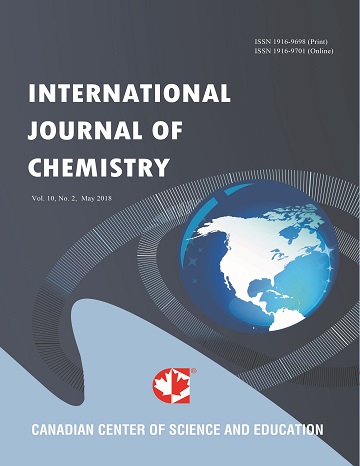Moringa oleifera as Sustainable Source for Energetic Biomass
- Francisco Pereira
- Ana Silva
- Chesque Galvão
- Valmir Lima
- Lucas Montenegro
- Nelson Lima-Filho
- Valdinete Silva
Abstract
This work investigated the biomasses (seeds, seed husks, oilseed grains, crude and purified oils, cakes by pressing and by hexane extraction and methyl biodiesel the oil) of Moringa oleifera Lamarck, starting with its seedpods (ripe and dry fruits) in energetic application. The oil obtained from the grains by mechanical pressing had an average yield of 11.36% and of 36.48% by hexane extraction. The moringa biomasses presented calorific values between 15.87 and 37.53 MJ/kg, being suitable as renewable biofuels. The mixed crude oil (1:4) was refined in four steps: degumming, neutralization, washing and drying. The crude and refined oils were characterised by acidity index, peroxide index, water content, turbidity, specific mass, kinematic viscosity, power calorific higher, calorific power below and ash content. The crude oils by pressing and by solvent extraction were characterised through of the saponification index and iodine value. The purified biodiesel presented specific mass of 889 kg/m3 (20 oC), kinematic viscosity of 5.5 m2/s (40 oC), content of ester of 86.2% and 98.23% (in microscale, ratifying the viability of the method), acidity index of 0.43 mg KOH/g and water content of 615.8 mg/kg. The solid moringa biomasses (seeds, cakes (or pies) and the seed husks) show high potential for the production of briquettes or ecological firewood due to its content energy expressed as lower calorific value (between 15.87 and 23.31 MJ/kg) and simple and accessible technological production. The results show that moringa is an easily exploitable plant in sustainable energy, especially from its seedpods and seeds.
- Full Text:
 PDF
PDF
- DOI:10.5539/ijc.v7n2p177
Index
Contact
- Albert JohnEditorial Assistant
- ijc@ccsenet.org
